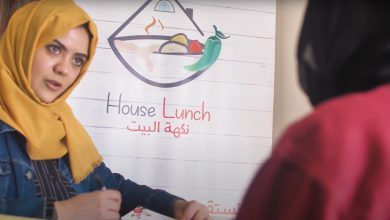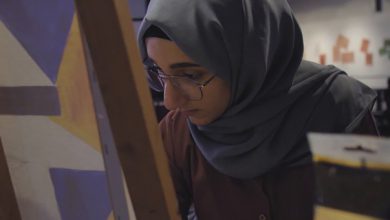
This post is also available in: العربية (Arabic)
 Photo Courtesy of Hala Saleh
Photo Courtesy of Hala Saleh
Throughout Yemen it is understood that Lahj has a legacy of jasmine and music. A precious portion of Yemen’s cultural heritage was created in Lahj. As a community, the people of Lahj have a lifestyle that can be described as simple. They have depended on a variety of agricultural crops like jasmine and mangoes beside local products on top of which the industry of Bukhor and Oud.
In 2015, many areas in Lahj were seized for use as a frontline between conflict groups. During the clashes, many families were displaced and many houses were demolished. Once people went back to their homes, the humanitarian situation continued to worsen. Since then, and until today, people in Lahj suffer and die from diseases such as dengue fever, cholera and treatable infections. The humanitarian situation continues to be underreported by the media, and people in power remain indifferent to the manmade catastrophe in Lahj. During August 2018, I visited Lahj for the first time in 4 years. I encountered destruction, and the daily struggle of people who lack electricity and water during difficult climate conditions, with summer temperatures of 35°Celsius accompanied by dust storms.
In an attempt to document daily life in Lahj, I took indoor and outdoor photographs that showcased daily public transportation journeys, the local market and alleys – interactions to shed light on a city that deserves attention and rescue.
Hala Alsadi is an Information Technology Management student at the Lebanese American University. She pursued photography as a means to learn further about the specific communities in which he resides, and their social dynamics. As well as taking photography courses throughout her time at university, she has developed through self-learning and practice. She is interested in documentary and photojournalism, looking for frames with narratives as she believes in the essence of visual storytelling and documenting to preserve cultural heritage and to advocate for human rights.












